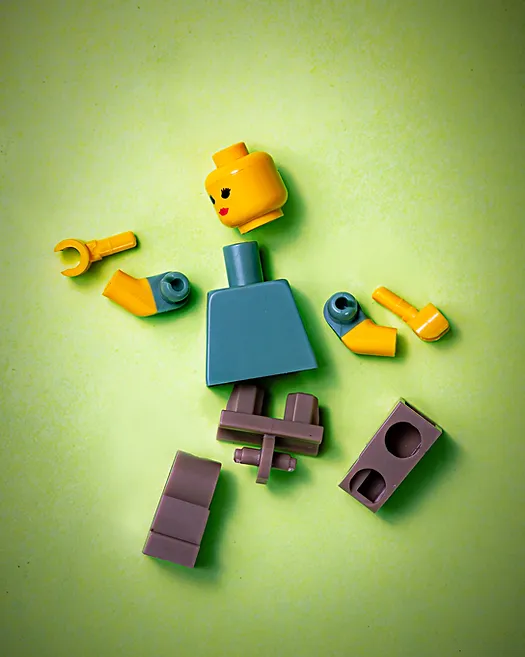If you haven’t realized by now, I am a very internal person.
And by this, I not only mean I am on the far introverted side of the introvert-extrovert spectrum, but everything happens in my head before it happens in my body or my actions. My emotions too are felt on the inside (rarely displayed on the outside), and I have to process things internally for a time before I can even talk about them (exact opposite of my husband, Adam, who is an external processor and processes everything as he talks.)
A lot of us are like this – internal processors. It is just the way we are.
But when it comes to mental health, and working through our problems, internalizing everything is rarely helpful. Internalizing our problems can even be pathological because when we look at our problems from this perspective, we are essentially believing we are the problem. We say things all the time like, “I’m depressed,” or “He’s such a bad kid,” without realizing that we, as people, are not the same thing as our problems. And like anything, the more we say it, the more we begin to believe it.
I don’t know about you. But being the problem brings a whole other dimension to my depression. If I wasn’t depressed before because of all my problems, I guarantee you I am depressed now when I believe that I am the problem or responsible for all my problems. I inevitably fall into that vortex of negativity, guilt, blame, shame, low self-esteem, self-loathing, etc. that just spirals out of control.
I have fallen into this vortex the past few days. And I think a major part of the problem is me internalizing my problems. I think, “I am broken” because I have a medical illness that makes my collagen like cottage cheese. I think, “I’m so depressed” because my mood has once again tanked and I have a disease that makes me want to murder myself. “It’s all my fault,” because I am the one with mental illness. “I’m useless” which is a thought that comes from being unemployed. And ok, I can identify the problems (medical illness, mental illness, unemployment, etc.) and I definitely know what I am thinking about them. But what if I turn each of my internal thoughts into an external thought? What if I externalize the problem instead of internalize it? Instead of saying “I’m broken” when I talk about my EDS, I can point instead to how EDS has broken me. Instead of saying “It’s all my fault,” I can remind myself that depression is a real thing and it is not my fault that I have it. Being unemployed is certainly a problem, but that doesn’t mean that I am totally useless because of this one thing that may or may not last forever.
I don’t know about you, but I need to practice more on externalizing my problems! Here are some more resources below.
Note: Sometimes, unfortunately, we ARE our problems. We make terrible decisions that lead to unwanted consequences. This is just part of being human. This post, instead, is meant to highlight the person who blames herself for everything and makes the problems even worse than they are because she believes she either is the problem or the reason for the problem.

